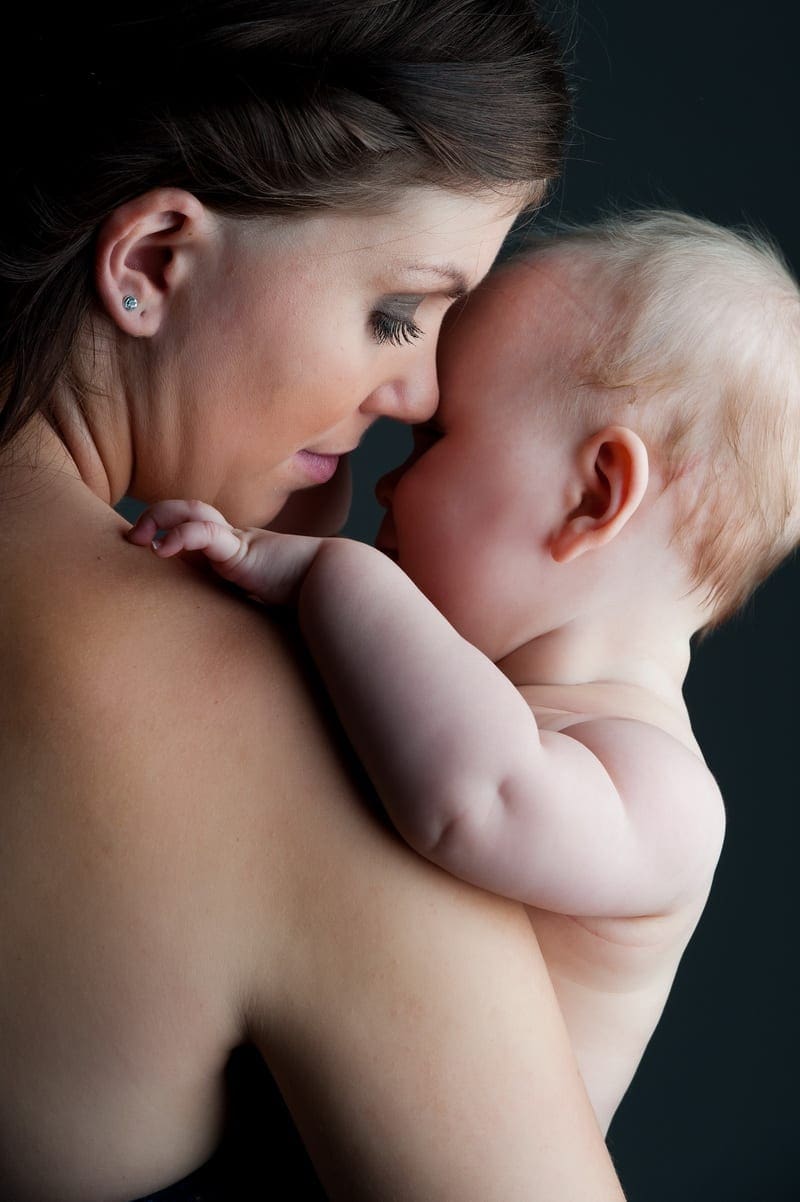The first week of pregnancy can be both exciting and daunting. While you may not have any visible symptoms yet, your body is going through a lot of changes. This is an important time to take care of yourself, both physically and mentally. Eating healthy, getting enough rest, and avoiding stress will help you and your baby in the weeks to come.
If you’re noticing changes in your body just a couple of days after conceiving, make a note of them! These symptoms may indicate that you are in the early stages of pregnancy. These symptoms usually occur around the time of implantation, when the fertilized egg attaches to the lining of the uterus. This is also when hormonal changes begin to take place in order to support the growth of the baby. So if you’re feeling off, it’s just your body’s reaction to these changes.
Taking care of your body during pregnancy is crucial to a healthy pregnancy and baby. Each week of pregnancy brings new changes and development, so it’s important to monitor your progress with a pregnancy journal or calendar. This will help you identify any potential problems early on and make sure you are on track for a healthy childbirth.
How To Determine First Week Of Pregnancy
Women often wonder how to calculate their pregnancy. The first day of the nine-month pregnancy course is typically the last day of the woman’s normal menstrual period. Therefore, the day that the last normal menstrual period ends is the day the pregnancy began.
Usually, ovulation lasts about thirty days, during which an egg from the ovary travels into the fallopian tube, where it is fertilized by a sperm and then descends to the uterus to be developed. The period when the fertilized egg gets into the inner lining of the uterus is considered the first week of pregnancy. Implantation of the fertilized egg at the inner lining of the uterus can be perceivable by slight bleeding and other symptoms, so be sure to take note of any first week signs of pregnancy.
First Week Pregnancy Symptoms
Exhaustion is one of the most common changes pregnant women experience during the first week of pregnancy. Even if you are normally a healthy and active person, you may find yourself feeling unusually tired. The reason for this is the rise in hormone levels and the physical changes happening in your body as it prepares for pregnancy. If you experience extreme fatigue or faintness, it is important to speak to your doctor.
If you’re feeling nausea in the morning or throughout the day, it could be a sign of pregnancy. Many women experience queasiness and a loss of appetite during the first week or two of pregnancy. If you’re pregnant, you may find that certain foods make you feel nauseous.
Frequent urination is another sign that your body is preparing for pregnancy. Enlarging of your uterus to accommodate growth of the fetus inside it pushes your bladder and causes frequent urination. You may also find that you need to go more often during the night.
Signs and symptoms of pregnancy can vary from woman to woman, and pregnancy to pregnancy. However, implantation bleeding is a common and early sign of pregnancy. This bleeding is caused by the egg implanting into the uterus, and can be accompanied by abdominal cramping.
Your breasts will go through a number of changes as you get older. They will become larger, more tender, and more sensitive. You may also notice the appearance of varicose veins.
Mood swings, depression, anxiety, and sudden joy are all common side effects of hormonal changes. These changes can be drastic and cause a lot of turmoil in your life. It’s important to be aware of these changes so that you can manage them effectively.
If you’re experiencing gas in the first week of pregnancy, don’t worry, you’re not alone. Many women experience gas as a pregnancy symptom. To reduce discomfort, eat foods rich in fiber and avoid spicy foods. Constipation can also be a symptom of pregnancy, so be sure to stay hydrated and eat plenty of high-fiber foods.
Request a meeting with your doctor to discuss your diet and how to change it to ensure you and your baby are getting the right nutrients. Many pregnant women experience discomfort during the first weeks of pregnancy as their bodies adjust to the new hormone levels. Eating a healthy diet rich in vitamins, minerals, and folic acid can help reduce these discomforts.











